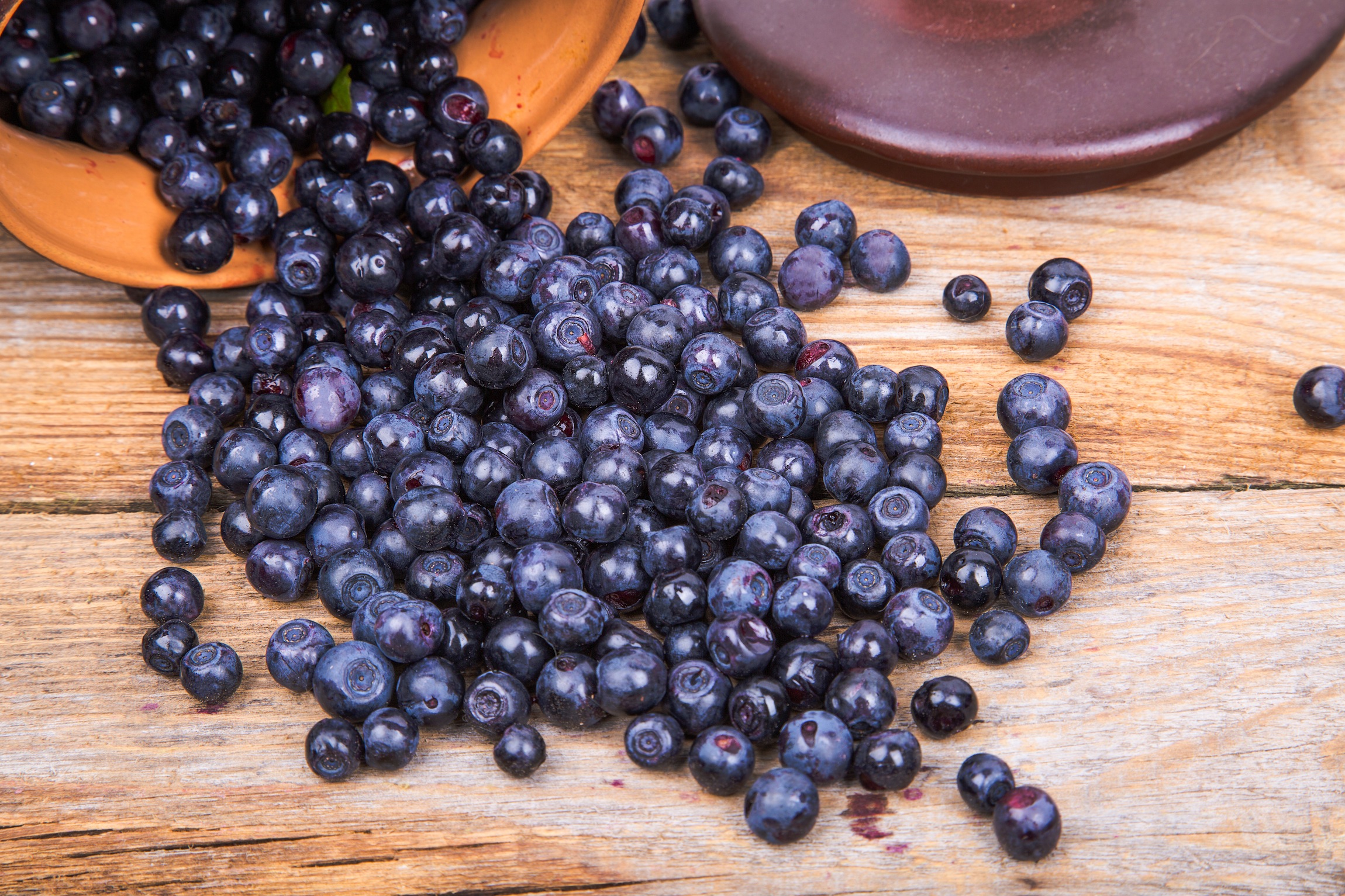Turkey would become one of the main suppliers of blueberries in Europe
Turkey has the potential to become one of the powerhouses of blueberry production, according to a Turkish producer of berries. This year the company is focusing on the local market, but as acreage and production are increasing this year, 2023 should be a strong export year for Turkey.
Turgut Aysan, Chairman of the Board of Directors of the Turkish producer of berries Safir Berry, states that blueberry cultivation in Turkey is on the rise: “As Safir Berry we started the ‘Turkey Blueberry Project’ in 2020 and established our plantations in Antalya and Manisa in 2021. Along with investments from our fellow growers/ investors in 2021, Turkey doubled its blueberry production area to 200-250 hectares. Due to the growing interest from large producers and investors, we believe that Turkey will be one of the main suppliers of the blueberry market with an area of more than 5.000 hectares and a production of 100.000 tons of berries in the next five to ten years.”
“We have already received interest from the main supermarket chains in Europe and our main market will be the expanding European market: UK, Germany, Austria, Benelux, France, Scandinavia, etc. But Turkey also has the logistical advantage of easy access to the Gulf countries, Russia and even the Far Eastern markets by air cargo.”

Although production is still quite small at the moment, Aysan sees that Turkey has the potential to become a true blueberry export powerhouse. “The production in Turkey will not be limited to blueberries, we will complete our project with raspberry and blackberry varieties. In 2022 we will have a limited production, like Safir Berry our harvest projection is 60-70 tons, which will only cover the local market. However, production and export volumes will increase very rapidly in the near future. We hope to reach 1.000 tons of exports as a country in 2023.”
The changing weather conditions are becoming a reality for Turkish fruit growers, as demonstrated by the snowfall in Antalya. Aysan explains: “This winter has been freezing, we have had snowfall in Antalya, which is in the south of Turkey. It was the first snowfall in 25 years, and it will delay the harvest until the end of March. However, Türkiye can harvest from January to October. Like Safir Berry, we have managed to start the harvest in February in our Antalya tunnel with proprietary test varieties.”
“The forecast is that we will have more and more extreme weather events throughout Turkey and we will have to quickly adapt to this new reality. Turkish growers will take all necessary precautions to avoid any loss of product. Most of the blueberry production will take place in strong plastic tunnels and modern greenhouses.”
For this year, the focus is on the local market and Aysan says that with the current level of blueberry production in Turkey, there is not much difference between local and export prices: “The demand for blueberries, as one of the healthiest options on the market, is constantly increasing. People all over the world are including blueberries in their daily diet. Local demand is low compared to traditional crops such as cherries, stone fruits and so on, due to high prices, but especially in large cities the consumption of berries is increasing”.
“At the moment, prices in the local market are as high as in the international market, so most of the berries produced in Türkiye are consumed in the local market. When production volumes increase and prices in Turkey start to drop, exporting to international markets will become increasingly important.”
21/04/2023







